Black Iris, a unique farm located close to
Madaba, teems with friendly animals
people can engage with.
اضافة اعلان
Iyad Alkhreishah,
Black Iris Farm owner holding PhD in engineering and specializing in physics
and energy science, told
Jordan News that the farm was established
between 2015 and 2016 as a private place for his family, but “my love for
animals and birds made me bring more species to the farm”.
“There are many
types of deer, geese, dogs, cats, and chicken, in addition to llamas, ponies,
and ostriches, among other animals, in the farm, brought from Europe, America, Africa, and other places,” Alkhreishah
said.
Show Album
Moreover, visitors
have the occasion to see black iris, the national flower of Jordan, planted on
86m in the farm and the reason the farm was given its name. Problem is, it only blossoms in the spring,
said Alkhreishah.
A friend of
Alkhreishah’s wife “visited the farm and sent a video of it to a Whatsapp group
consisting of 64,000 members, and that was the lead that turned this place into
a business”, he said, adding that initially, the farm was receiving about 300
visitors daily for free. Some suggested a fee for the visit, which the owner.
“Due to the
COVID-19 pandemic, the government withdrew our work permits and we could not
reach the farm most of the time, land that led to the death of around 1,600
animals and birds, causing losses that amounted to JD160,000,” Alkhreishah
said.
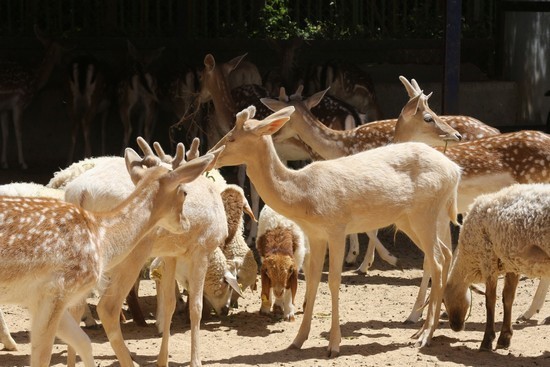
“We taxidermized
most of the dead animals and kept them in a museum,” Alkhreishah added, his
voice betraying emotion.
“After many
attempts to obtain a permit during the lockdown, I finally was able to rescue
as many animals as possible,” he said, adding that before getting the permit,
sometimes he had to walk for long hours or take shortcuts by car, to avoid
being caught, to reach places that sell animal feed.
A
veterinarian works for three hours daily in the farm, checking on the animals and, if
needed, giving them the necessary treatment and securing their immunizations to
prevent the spread of diseases, if any are found.
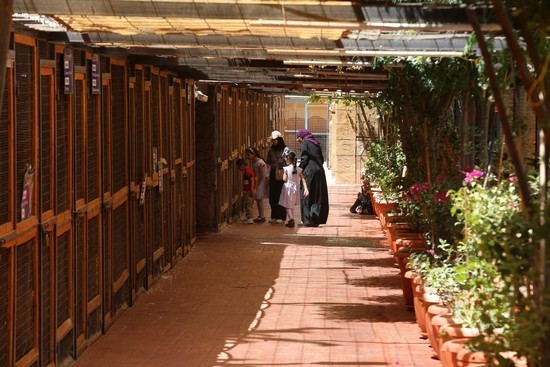
“These animals,
that are mostly scared of humans, did not get used to people easily,”
Alkhreishah said, adding that they have been tamed for six years before
reaching the point where they are now, where people can approach them.
Volunteering
opportunities are available for those who wish to join the team, including trainee veterinarians and others, he said.
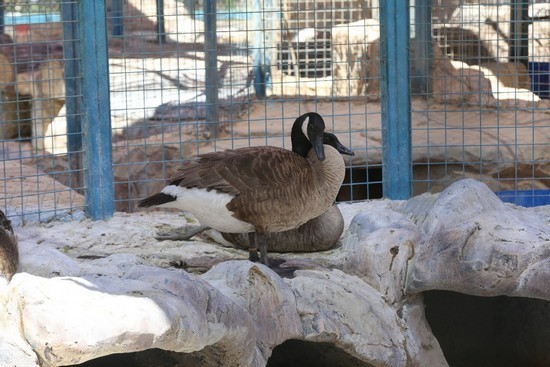
“Nowadays, 500 to
600 visitors come daily to the farm during holidays, especially school
holidays,” Alkhreishah said, pointing out that the
Ministry of Education
declared the farm a safe place for school trips.
The food given the
animals affects their behavior and appearance, he said, which is why he chooses
suitable food for them, for, “in the end, they are souls and we must take care
of them”.
Sometimes, people
can take kittens for free, “on condition they pledge to raise them with utmost
care and keep them safe”.
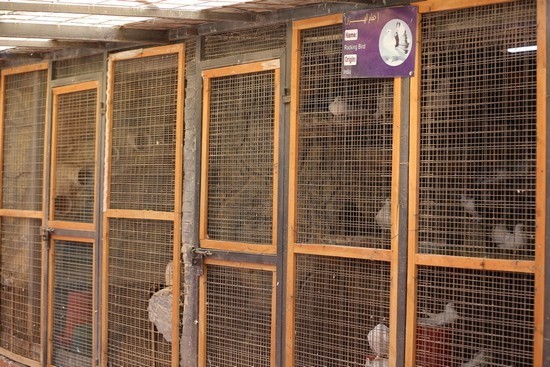
“Each morning I
stop by each cage and check on the birds and animals, as well as the sanitation
of the place,” Alkhreishah said, adding that he usually finishes his work at
the farm at 8pm, but there are instances when he would stay well beyond, like
when an animal gives birth and is need of human intervention.
The project, which
the owner “never thought would turn into a business”, “so far cost around JD4
million”, which he spent mostly “from my own pocket”. Revenues now come from
the entry tickets, which are JD4 for adults and JD3 for children, still viewed
by some as unaffordable, in view of the hard economic situation most people
live under.
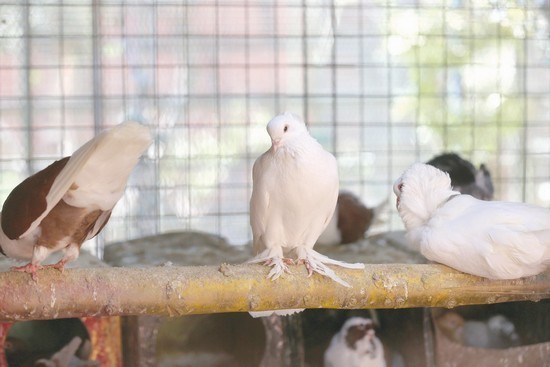
Mohammad Alfarhan,
a visitor, said that he enjoyed the experience, adding: “I believe this project
will positively affect children’s behavior by introducing them to a new
environment, and bring them closer to some animals.”
Saber Hussen, an
Egyptian employee at Black Iris, told
Jordan News that he has been
working there for about one year and finds it very convenient, adding that the
owner takes utmost care of the animals and the sanitation of the place.
Hussen said that
in the time he had been working on the farm, it witnessed a qualitative
transformation as “the owner made huge improvements in one year”.
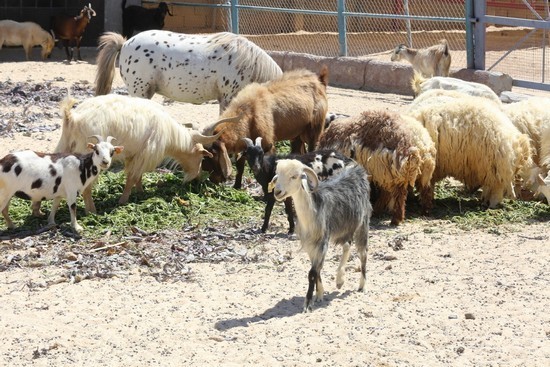
Tasneem Yamein,
another visitor interviewed by
Jordan News, said “the animals were fun
and friendly”, adding that it was clear that the animals were tamed, as they
were not afraid to get close to the people.
The experience,
she said, helped her overcome the fear of animals she always had.
The only criticism she had
concerned the high prices at the cafeteria and food-selling shops.
Read more Where to Go
Jordan News
Read more Where to Go
Jordan News



